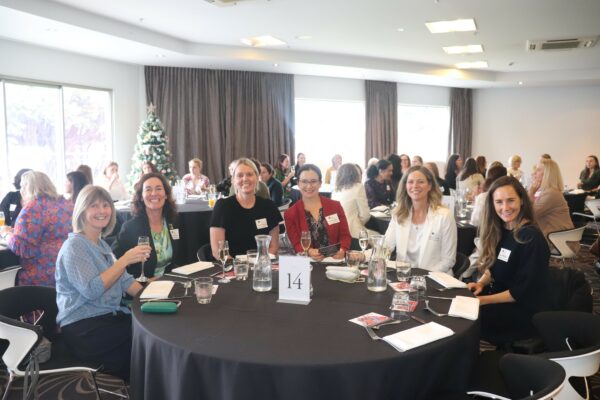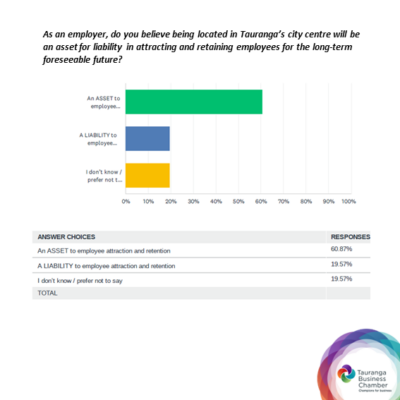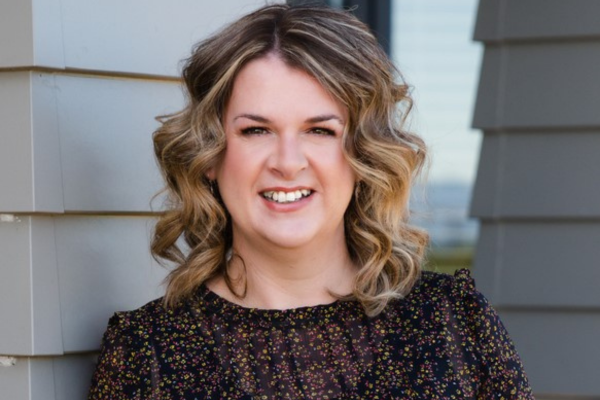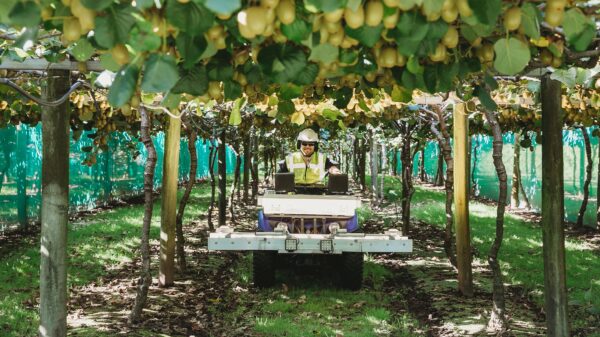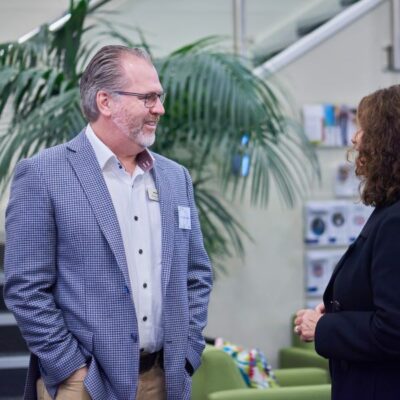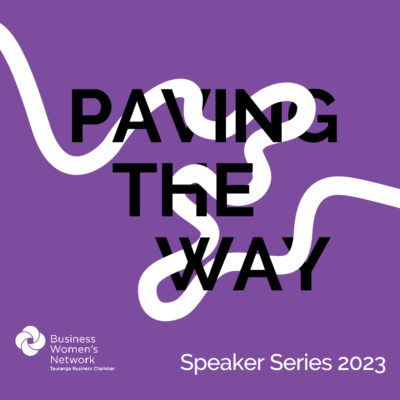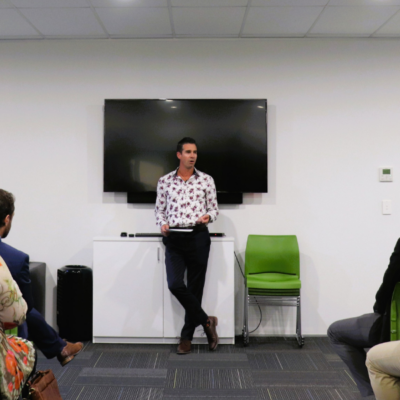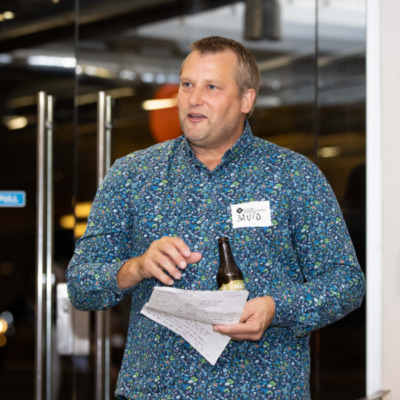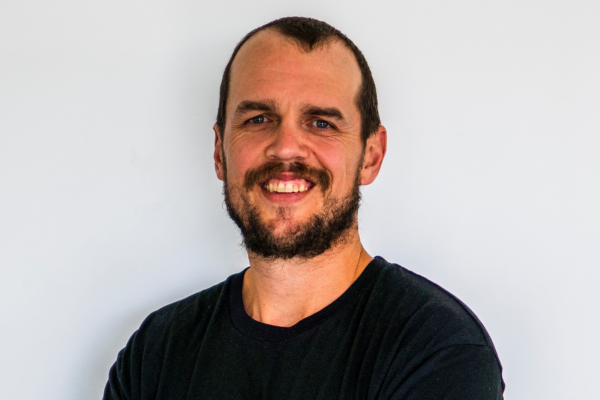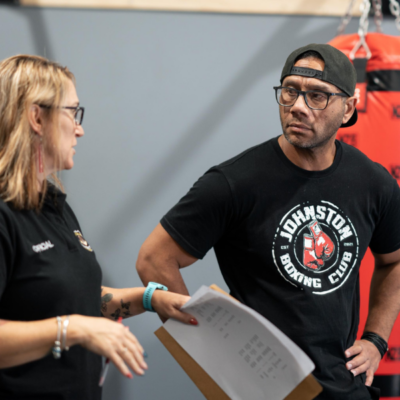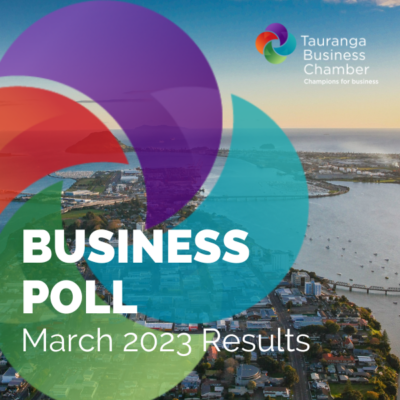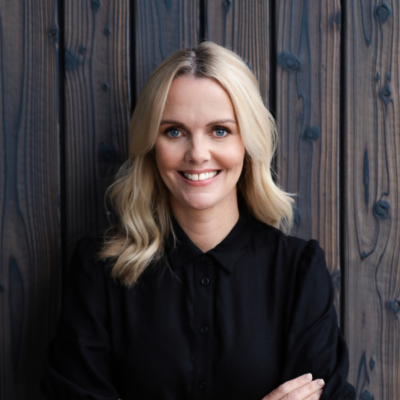Your HR Partners have been supporting businesses to navigate the many people challenges that have come about during the COVID-19 pandemic.
We got to know a bit about Chamber members Your HR Partners, and asked Morwenna and Megan a few questions on how they have been supporting business leaders during this time.
What do you specialise in and what is the work you love doing?
We partner with businesses to create awesome places to work through an agile and people-centred approach to HR, working with our clients to develop innovative and impactful people solutions.
We offer a full range of HR services including employment relations, outsourced generalist HR support, employee experience initiatives, HR project support, workshops, facilitation and coaching. Recently, we have been supporting businesses with COVID-19 related people challenges (which we talk to in more detail below).
We are focussed on creating genuine and long-lasting partnerships with our clients, and are energised by seeing the impact of the work we have supported them with come to fruition. A big part of our purpose is being able to share our knowledge with our clients to grow their confidence in the people space, unleash their people’s potential and achieve great business outcomes. We love learning and continually keep up to date with the latest research both in NZ and in other parts of the world to provide the most effective people solutions to our clients.
How did you meet and why did you start Your HR Partners?
We met briefly a few years back and recently reconnected at a HR leaders forum in Tauranga. We always had a connection; we now understand that was because our ‘why’ and our values are very much aligned. We met for half an hour over coffee about this time last year, shook hands and that was it – we were in business together! We share the same passion of bringing innovative and people-centred HR to small to medium sized businesses and supporting larger organisations with projects to deliver on their people plans.
What are you seeing as the main ‘people-related areas’ that businesses are requiring support with at the moment?
Obviously every business is experiencing different challenges depending on the impact that COVID-19 has had on their business, and what each of the levels has meant for them. The most common areas that we have been supporting our clients with are, the application of the wage subsidy, communicating with people and teams through the different alert levels and what that means for their roles, supporting people back to work safely, ensuring health, safety and wellbeing obligations including mental health are met, workplace change and restructuring, and supporting new, flexible ways of working.
We are very privileged to have been able to support Bay of Plenty and other NZ businesses at a time which for some, has been very challenging. It has been humbling to see the awesome workplaces we have here and how leaders are working with their people in such a kind, empathetic way during this time.
What are some tips you can share with our readers around some of these areas?
Workplace Change/Restructuring
Workplace change, or restructuring, is where businesses need to make changes that may affect people’s roles. Some have already experienced a downturn due to COVID-19 and have had to reshape their workforce in order to survive. For others, it may be something they are currently assessing or may need to consider further down the track.
We have seen various strategies being applied at this time to keep as many people employed as possible, including applying the wage subsidy only, reducing hours, allowing paid or unpaid leave to be taken before looking at redundancy as a last resort.
For any workplace change that may affect people’s roles, there is a process that needs to be followed, and the principles of ‘good faith’ apply. This includes the requirement to provide employees with a robust and genuine business case for the proposed change with all of the relevant information, explaining what you are proposing and why, providing an opportunity for those impacted to comment and give feedback on the proposal, and genuinely considering this feedback before any decisions are made. It is also important to note that if you are reducing the number of similar roles, you would need to consult on an appropriate, fair and transparent selection process, before undertaking the confirmed selection process.
Workplace change needs to be handled with care, as it can have a significant financial and emotional impact on those employees impacted.
Due to the complexities and potential risks of this process, it is advisable that you seek advice before you undertake a workplace change or restructuring process.
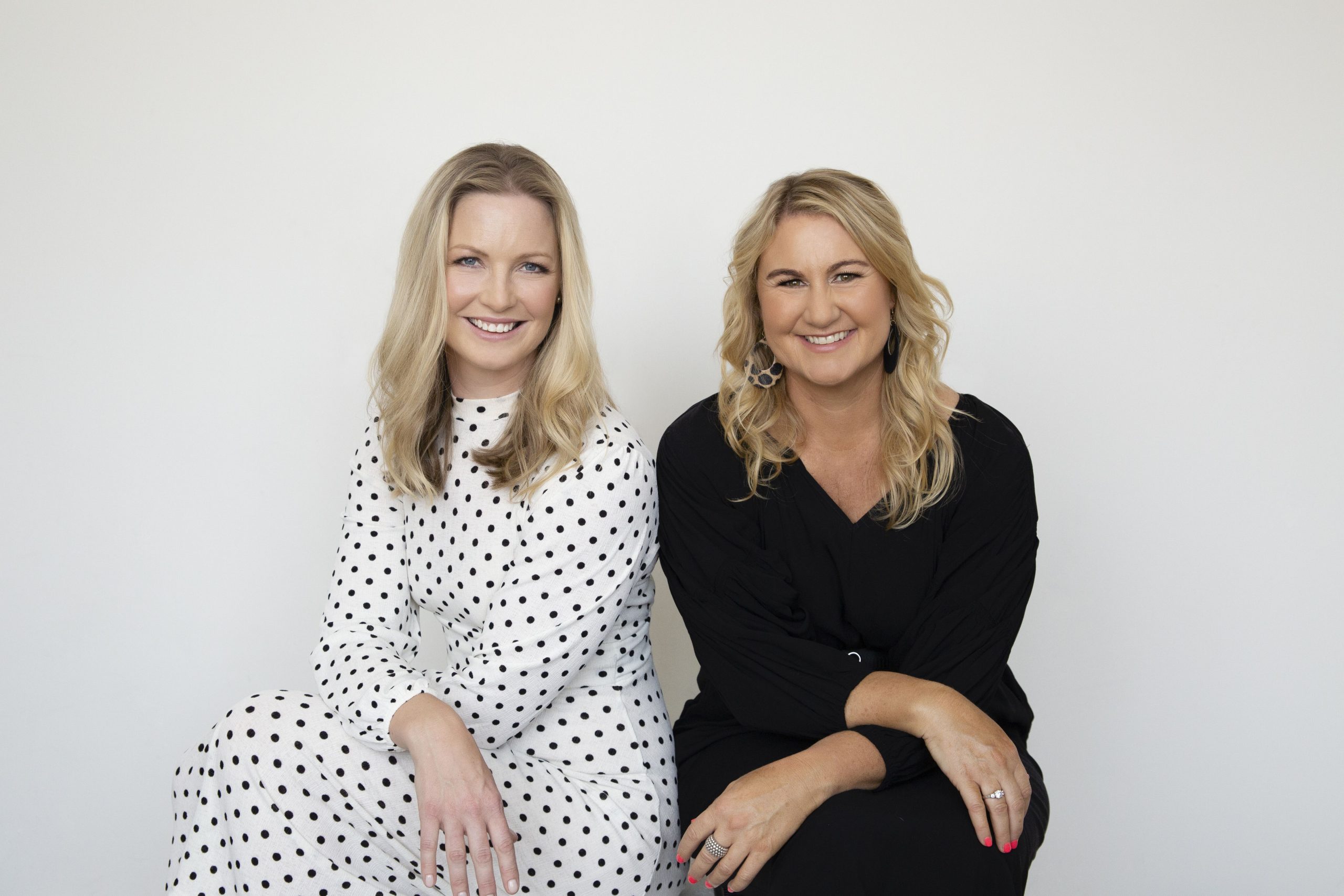
Flexible Working
As we head towards Alert Level 1, a focus for some businesses has been to take the learnings from how they operated during lockdown around flexible and at home working and embed this, while still delivering great business outcomes.
Certainly in some industries, the pandemic has changed where people can do work, the type of work they perform and how they perform it. For many, there have been mutually beneficial outcomes for both the business and their people through adopting a more flexible approach to the way they work.
If you are considering how you can implement greater flexibility, some things you could think about are:
- What worked well for your people and what did not work so well during and post lockdown?
- How do your people work best?
- What does flexibility look like to them?
- What would a flexible working framework look like for your business?
- How will you ensure you provide clarity about your expectations and required outcomes?
- How will you communicate where things are working well or not working well?
- How will you ensure the needs of your business, your customers, team and individual needs are all met?
- How will your team connect and collaborate?
- How will you ensure your health and safety requirements are met such as home office ergonomics and the correct equipment is used?
Flexibility means different things for different people. Some considerations for flexible work could include place of work, days and or hours of work, moving to a nine-day fortnight, four-day working weeks or having school holidays off.
Remember, any employee can request a flexible arrangement and you do have obligations under employment law to genuinely consider these.
What should business leaders and managers keep top of mind heading into Level 1 and beyond?
How you lead and support your people is critical at any time, particularly in the current environment.
Keeping people informed, whether it is good news or otherwise, is important. Be as open and transparent as you can in everything you do – this will provide the information your people need to make informed decisions and provides them with some level of clarity during these uncertain times. Most importantly, communication builds trust. Take some time to think about what you need to communicate and take the time to do this regularly.
Everyone has experienced this time differently, so empathy is key. A way to do this is to show people that you care about how they feel. Listen, and allow people to really be heard. Once you understand how they are feeling, you can work through what you can do to support them.
Communicating well and being empathetic helps build connection, trust and ensures people feel psychologically safe at work. This will go a long way to helping people through this time, while creating an awesome place to work.
For more information or if you require HR advice and support, you can contact Morwenna and Megan on 021 205 8484 or info@yourhrpartners.co.nz













